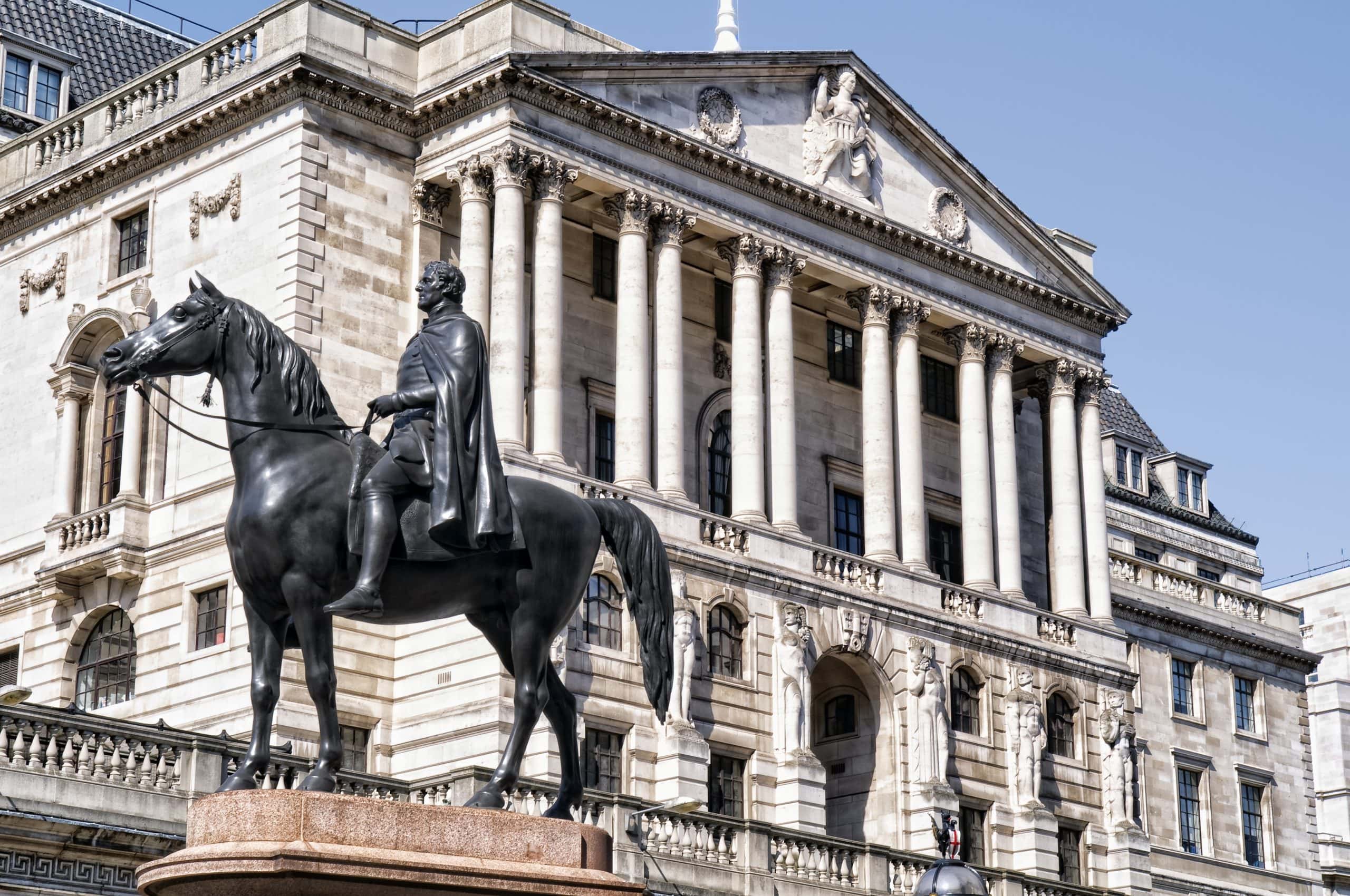The Bank of England has slashed the UK’s official interest rate in half to 0.25% – a record low and the first movement since the rate dropped to 0.5% in 2009.
The rate cut was just one of several measures aimed at kick-starting the economy after the Brexit vote to leave the European Union in June.
The bank’s policymakers agreed unanimously to reducing the rate and voted 6 to 3 in favour of a £70 billion round of buying government and corporate bonds.
At the same time, they lowered the sights on future economic growth by forecasting growth of 2.3% for next year to a meagre 0.8%.
The bank is also launching a term funding scheme offering loans to banks at close to 0.25% to pass on to businesses and personal customers.
Mortgage payments and savings
The message behind the bank’s action is that the policymakers believe Brexit will significantly damage the economy.
In percentage terms, they consider the economy will be 2.5% smaller in three years than the last prediction in May.
However, behind the scenes, three members of the nine strong monetary policy committee argue that the governor Mark Carney and the rest of the team are making decisions based on surveys rather than real-world data.
They wanted to hold back, but the others are saying the bank needs to move now to avert a recession as growth is predicted to hover near to zero for the rest of the year.
The rate cut is good news for borrowers with tracker mortgages who are likely to see monthly repayments trimmed by £22 a month, but not many borrowers will profit as only 1.5 million loans are trackers.
Too much, too soon?
Savers will be less well off, seeing £25 a year lost from a typical £10,000 bank or building society account. The return is likely to fall to £40 a year.
The bank committee also left the door open for another rate cut later in the year – possibly to as low as 0.1% from November if the current measures fail to revive the economy.
Investment expert Richard Stone, CEO of The Share Centre, said: “This move was expected but may prove premature if the data being highlighted at present is representative of a knee-jerk reaction to the Brexit vote, rather than the actual medium term impact.
“We are only six weeks on from the referendum and it still feels too early to judge the impact, including what effect the devaluation of Sterling will have in boosting exports.”
